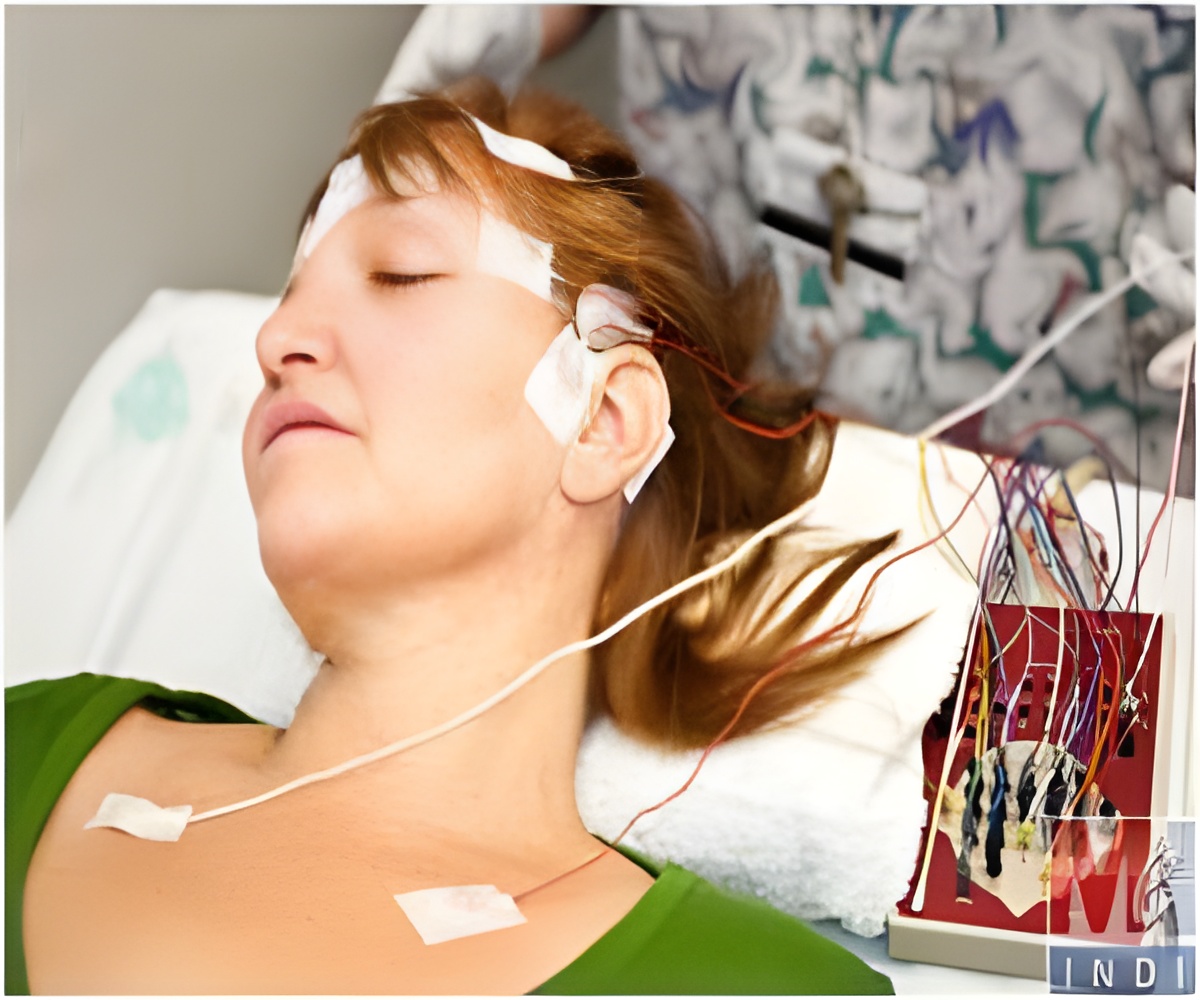Optimal benefit and functional improvement for ischemic stroke results when human umbilical cord blood mononuclear cells (hUCB MNCs) are transplanted into rat stroke models within 72 hours.

According to the authors there is a "strong demand for alternative strategies," and among those most recently studied is Cell Transplantation using neonatal or adult stem cells. Their study investigates the time-dependent efficacy of hUCB MNCs following experimental brain ischemia in rats. The emphasis of their study was exploring factors that impact on Cell Transplantation to derive the best outcomes, such as determining an appropriate transplantation time point, or window of opportunity. The researchers transplanted hUCB MNCs into test animals at various time intervals following stroke, at four hours, 24 hours, 72 hours, 120 hours and at 14 days. "Our results demonstrated that transplantation within a 72 hour time window resulted in an early improvement in functional recovery," said Dr. Boltze. "The failure to induce sustained functional recovery, lesion reduction, and limitation of glial scaring in animals treated at 120 hours indicates the 72 hour time window as efficient for cell application."
The authors noted that administration of hUCB MNCs within the 72 hour window resulted not only in functional recovery but also a reduction in brain atrophy and in diminished glial scaring demonstrating the importance of this factor on the impact of umbilical cord blood Cell Transplantation. Later transplantation, at 14 days, showed no benefit. "Our study shows that hUCB MNCs are a promising tool for acute stroke treatment, but require a comparatively early intervention in the subacute phase of stroke," concluded the authors. "This research adds to a growing body of evidence supporting specific early time periods for repair of the brain, spinal cord, heart and other organs following acute injury and is very important in the development of regenerative therapies" said Dr. Paul R. Sanberg, Distinguished Professor of Neurosurgery and Brain Repair at the University of South Florida.
Source-Eurekalert















